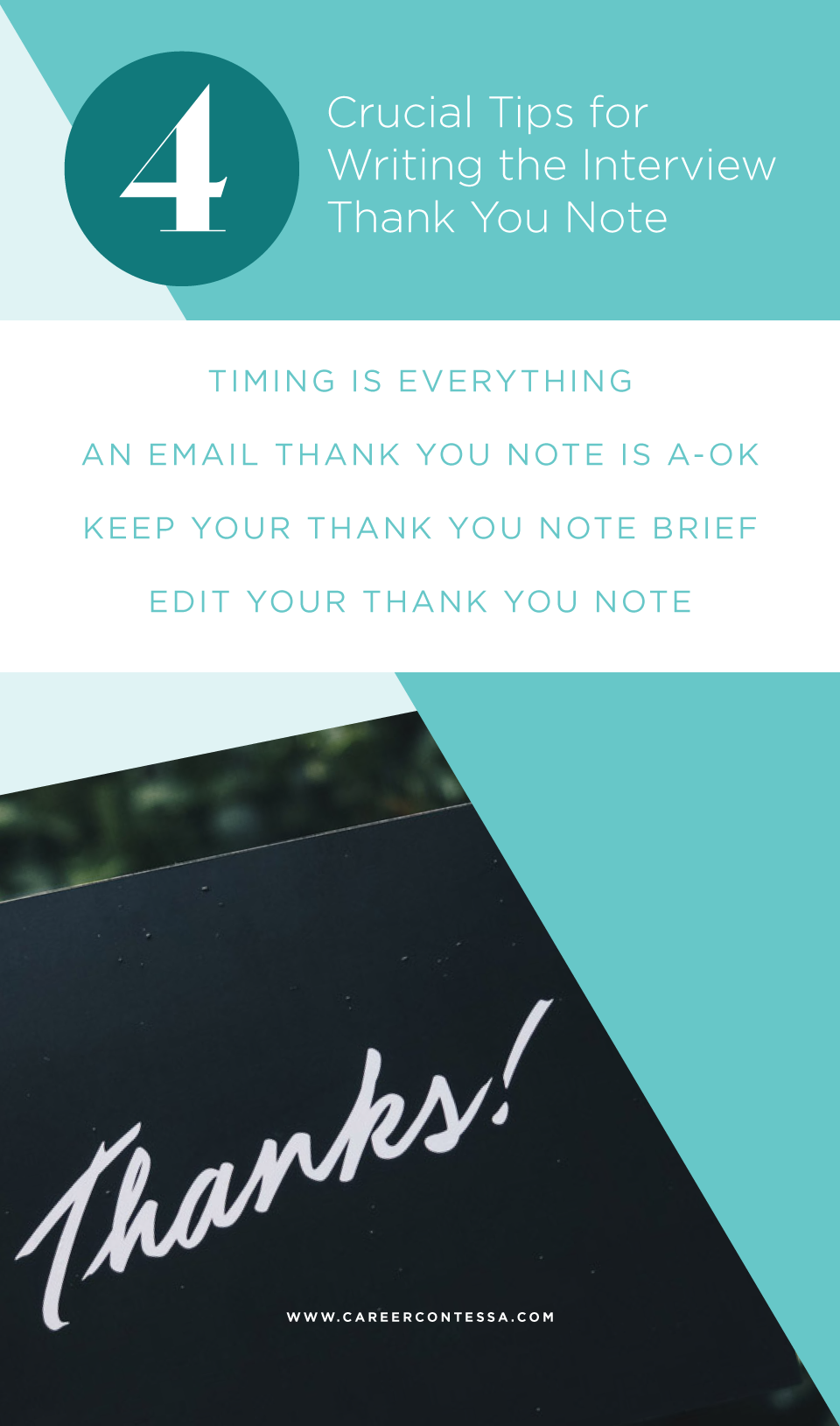#CareerAdvice : #JobSearch – 9 Important Things to Discuss With #HR Before Accepting a #NewJob …If you are Offered a #NewPosition, Here are Nine Important Things that you Need to Talk With HR about Before you Accept the Offer.
At one time, many people had the mindset that jobs were hard to come by, so they should take whatever was offered to them with no questions asked. Today, people are becoming choosier about their career paths, and they know that they are deserving of more than the bare minimum.
In our job seeker-driven labor market, people aren’t content to take anything that is being offered, and they know that they need to ask certain questions to make sure that they are going to be treated like a valued employee and not just a number.
If you are offered a new position, here are nine important things that you need to talk with HR about before you accept the offer.
1. Ask About Benefits
It is important to know what is included in the benefits package. If the benefits are not appealing, this may not be the right company for you to work at. Find out about provider options, how much you have to pay into the health plan yourself, what is covered (including prescriptions and specialty services), if dental and vision care is covered, etc. These days, with the high cost of health care, it is important to know that you have excellent health care coverage through your employer.
Like this Article ? Share It ! You now can easily enjoy/follow/share Today our Award Winning Articles/Blogs with Now Over 2.5 Million Growing Participates Worldwide in our various Social Media formats below:
FSC LinkedIn Network: www.linkedin.com/in/fscnetwork
Facebook: http://www.facebook.com/pages/First-Sun-Consulting-LLC-Outplacement-Services/213542315355343?sk=wall
Google+: https://plus.google.com/115673713231115398101/posts?hl=en
Twitter: Follow us @ firstsunllc
Question: Want the ‘the best/current articles/blogs on the web’ on Job Search, Resume, Advancing/Changing your Career, or simply Managing People?
Answer: Simply go to our FSC Career Blog below & type(#career, #leadership, #life) in Blog Search: https://www.firstsun.com/fsc-career-blog/
What Skill Sets do You have to be ‘Sharpened’ ?
Continue of article:
2. Ask if the Salary Is Negotiable
Depending on the employer, and the job being offered, the salary may or may not be set in stone. Most employers aren’t going to come right out and tell you that salaries are negotiable because they want to pay as little as possible. This is information you are going to need to dig for, so you are just going to have to come right out and ask. You will never know unless you do, after all. Besides, you may be pleasantly surprised by the answer. In many cases, if the candidate has enough to offer an employer, the employer is going to be more than willing to negotiate the salary a little bit.
3. Ask About Other Perks
These days, it is not always enough for companies to offer competitive wages and benefits packages. The more perks a company offers, the more attractive the job offer is going to be. So, you need to find out what other perks might be available to you should you decide to accept the position being offered. Perks can be anything from flexible shifts and working hours to office parties to paid time off and more. Some of the best perks to ask about are advancement training and promotion opportunities.
4. Ask about Vacation Time
Now may not seem like the most appropriate time to ask about vacations, but it is as good a time as any. Plus, you need to know before you take the job if you are going to actually be able to take vacations at all. Some companies only let you take time off that is unpaid, while others offer paid vacations once you have worked for them for a certain amount of time. Don’t forget to ask if you can roll over any unused vacation days and use them in the following year.
5. Ask What Other Employees Say About the Company
You can tell a lot about a company by listening to what current and past employees have to say about it. If it is a good company to work for, the HR person should have no problem telling you what employees are saying about the company, and even find people within the company for you to talk to. (Of course, you can always check Glassdoor reviews as well!) If you find out that the employees are happy in their jobs, chances are you will be as well, and that this is a company that you would like to work for.
6. Ask About Incentive Compensation
Some companies will give bonuses to their employees as compensation for certain incentives, such as taking on additional responsibilities, pay raises based on performance, etc. Find out if monetary bonuses are offered, and if so, what the criteria are to be eligible for these bonuses. The more you know about how you will be compensated, the more you will strive to really earn those bonuses and be the very best that you can be when it comes to doing your job.
7. Ask About Relocation Expenses
If you are going to have to relocate in order to take the position, you need to find out if the company is going to help with any of the relocating expenses. Obviously, they are not going to pay for everything, but if they expect you to move for them, they should be expected to help in some way. For instance, they may offer to pay a percentage of the actual moving expenses or put you up in a rental unit until you are able to find an appropriate and affordable place to live.
8. Ask About Education Opportunities
Many companies will offer incentives for employees to go back to school or receive additional training that is going to help them advance in their careers. In fact, this is one way that companies can ensure long-term employees, because these employees are grateful for the help, and want to give back. Some companies will pay for a portion of tuition, and some even allow you to take a leave of absence in order to get your degree. The more education you have, the more you will have to offer your employer, and they often recognize this and will help.
9. Ask for Everything in Writing
Ask if you can have the job offer, and everything that you have agreed on, in writing. This way, there is little chance that the employer is going to pull back on the offer. A written agreement is much more binding than an oral agreement, and if you have everything on paper, they can’t turn around later and say that something wasn’t part of the offer, add work that isn’t in the job description. If they don’t want to give you anything in writing, it is a good sign that this may not be the best company for you to work at.
GlassDoor.com | |












